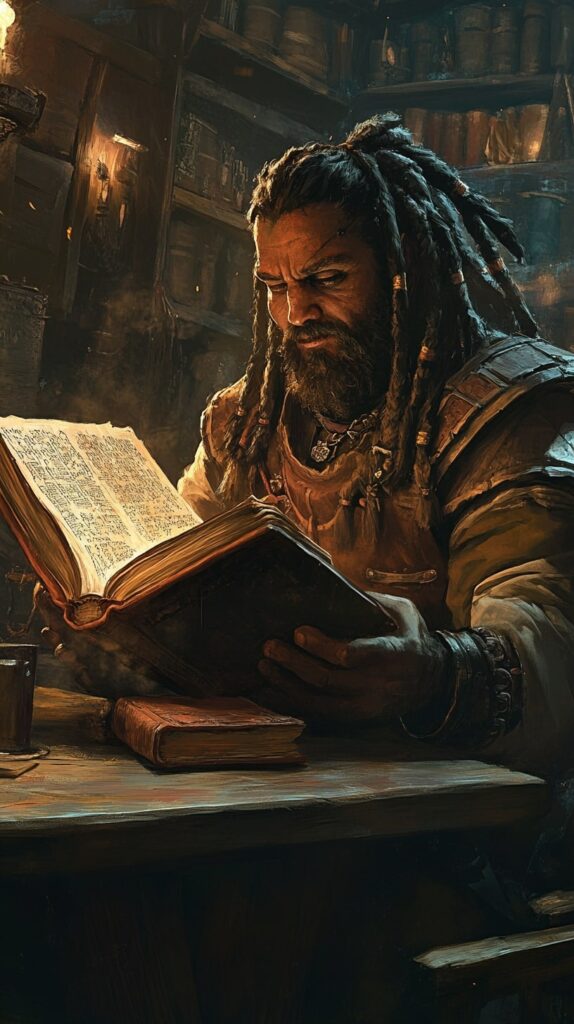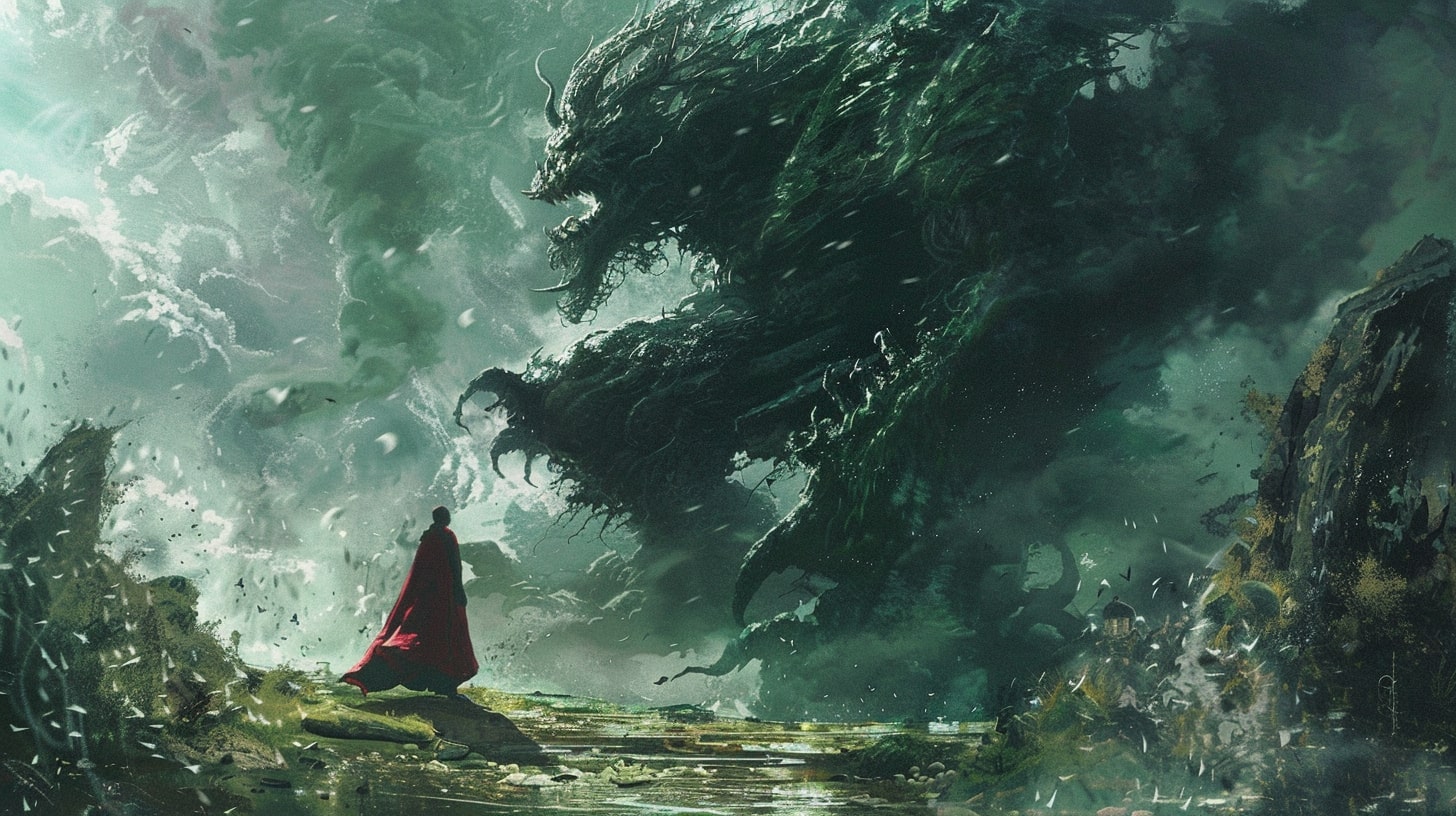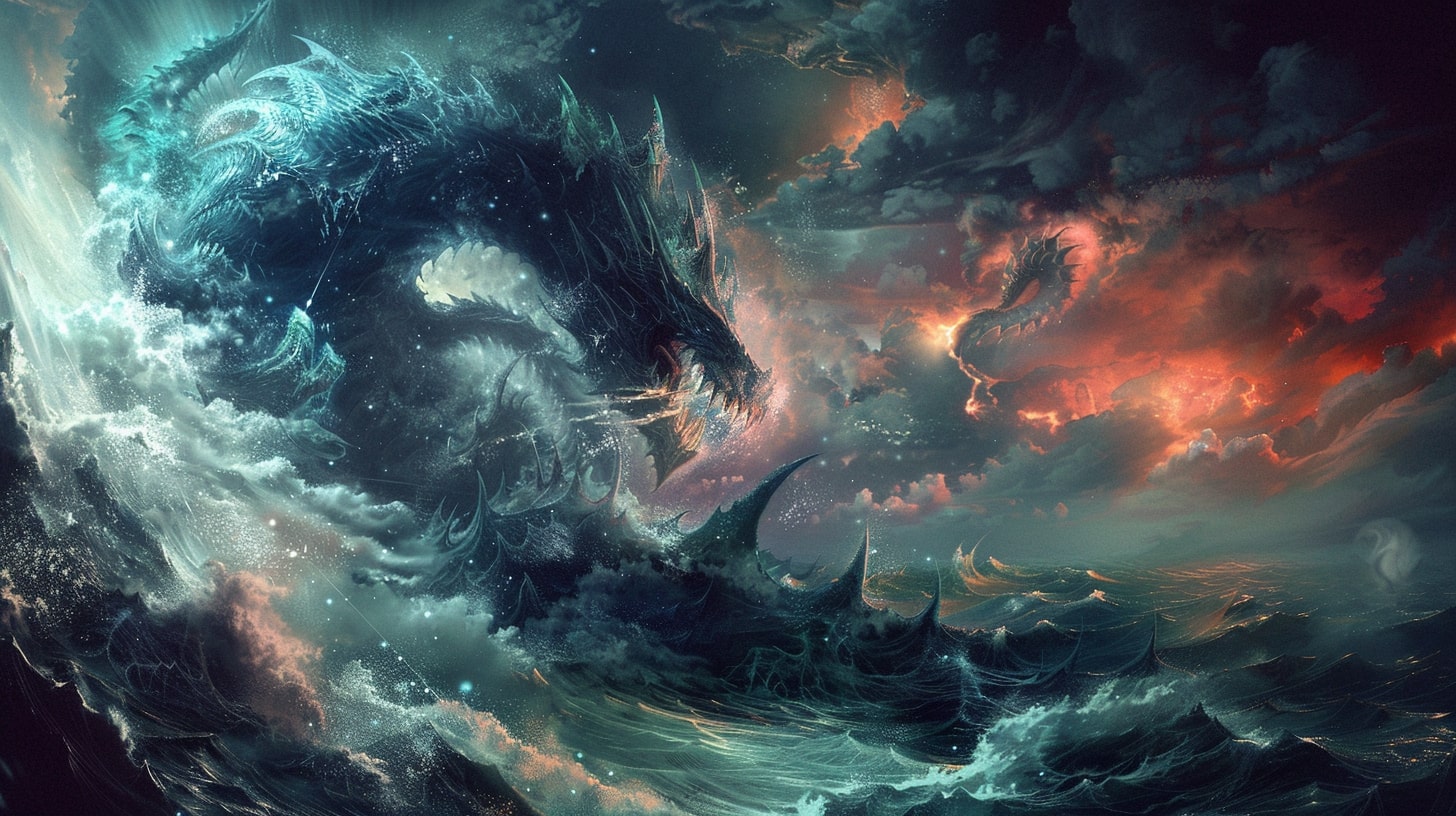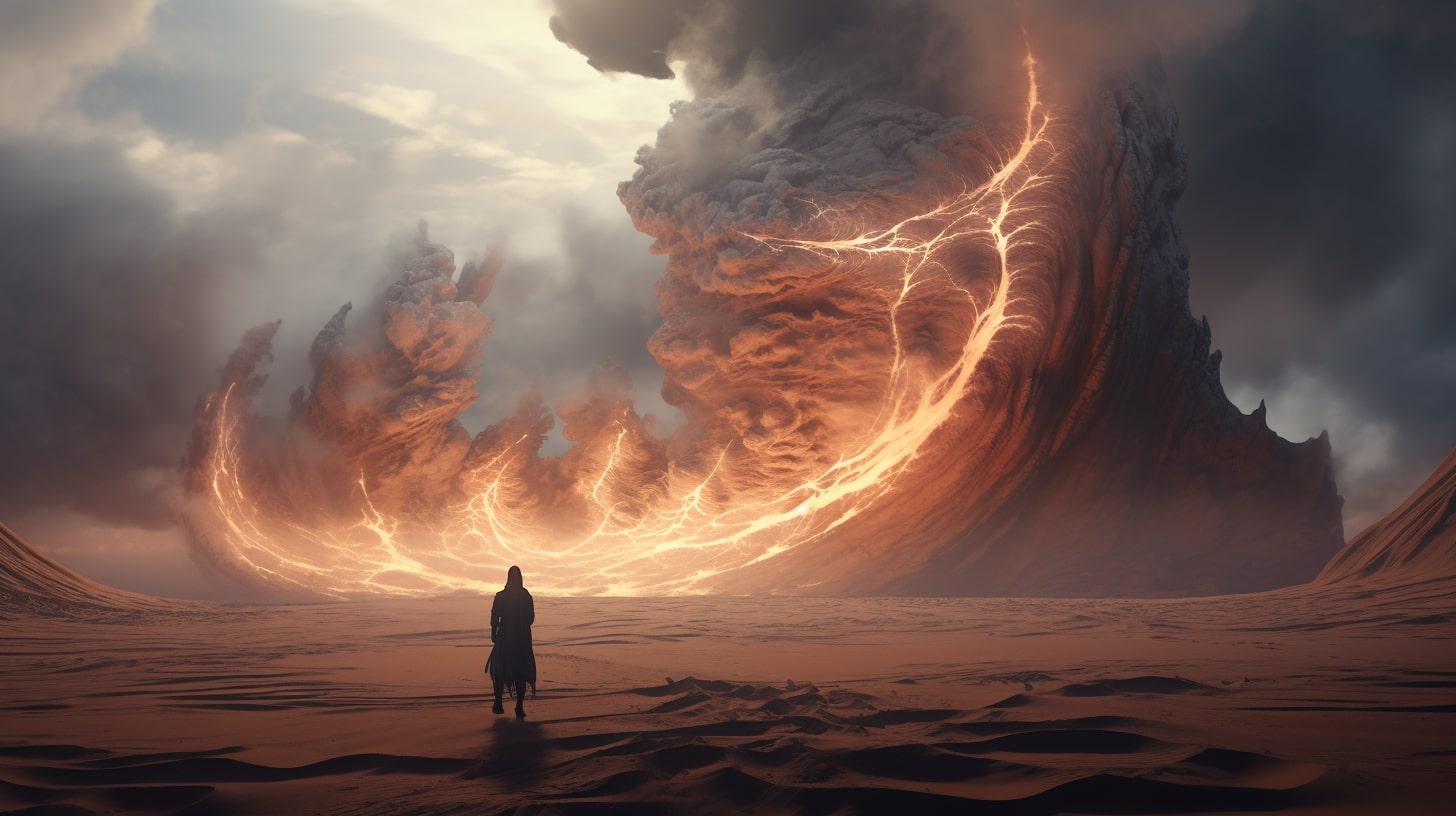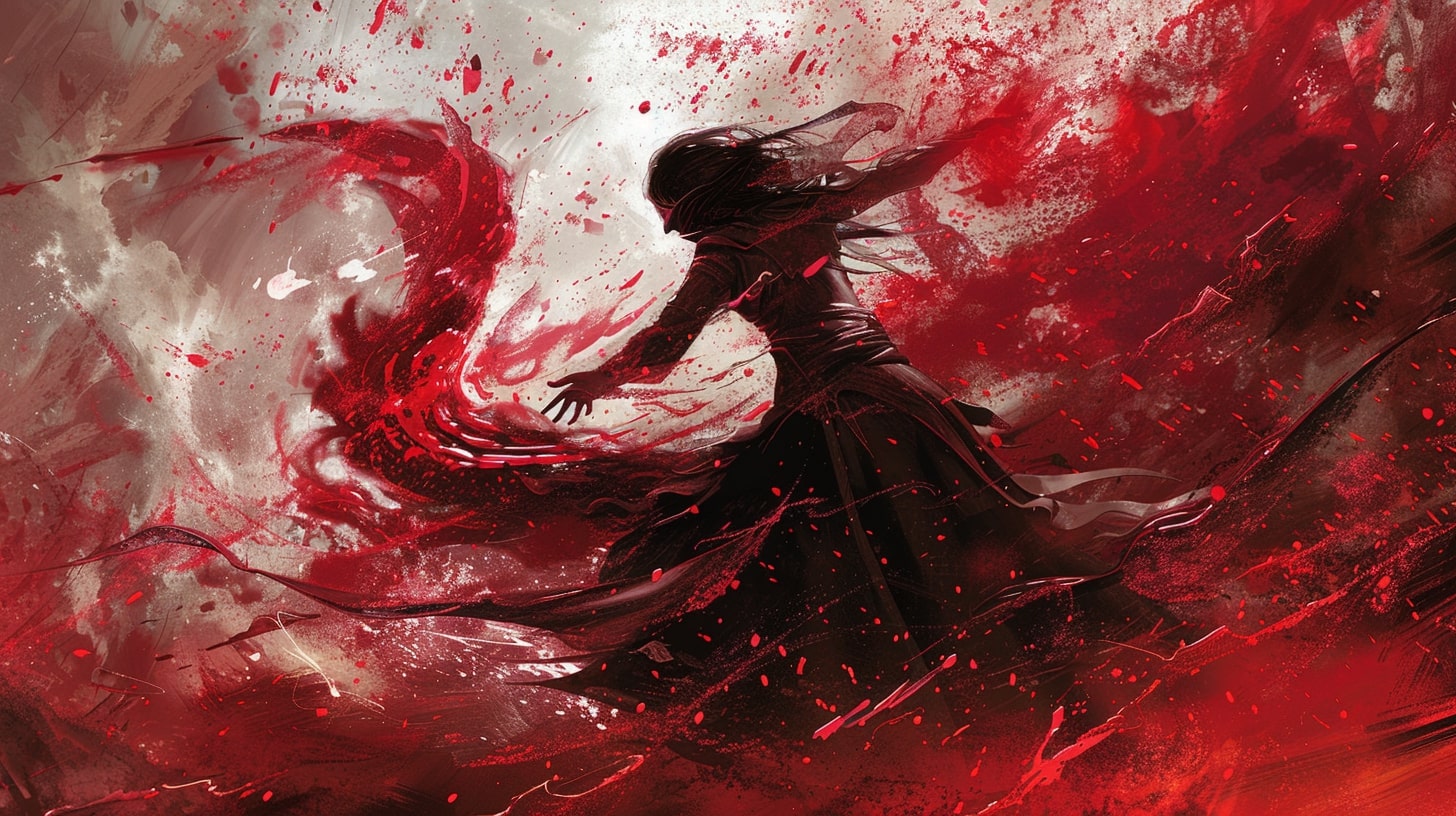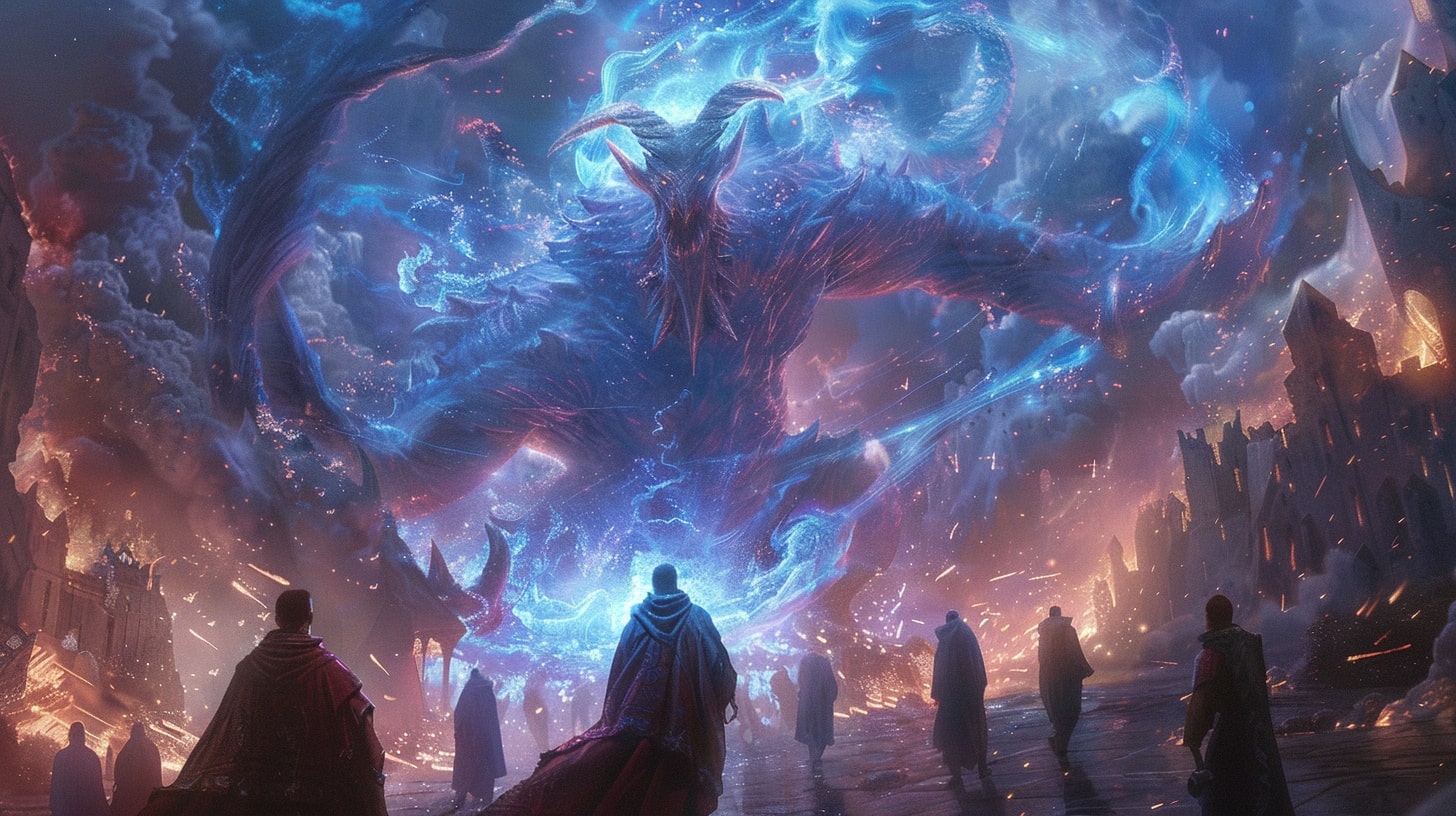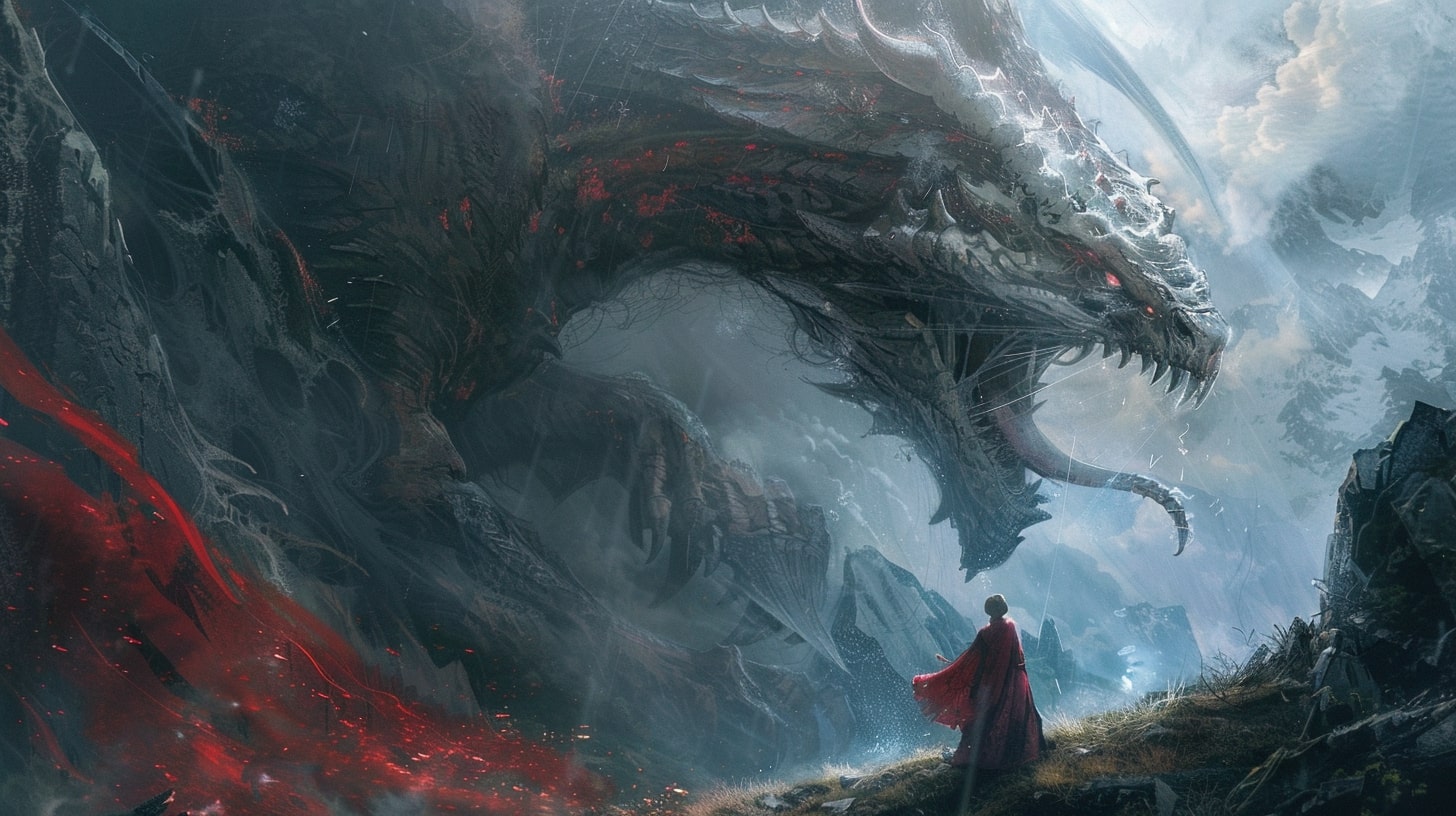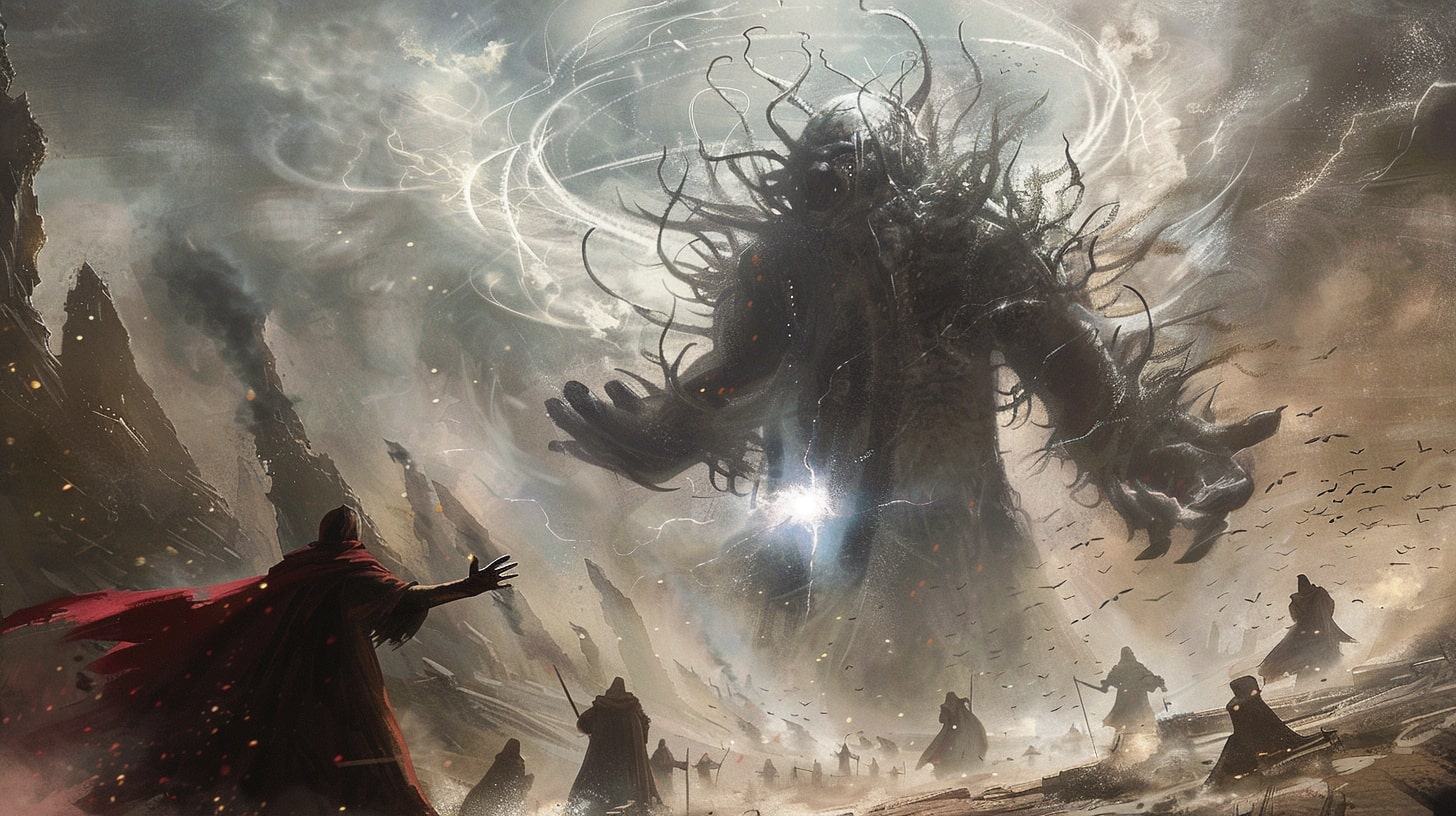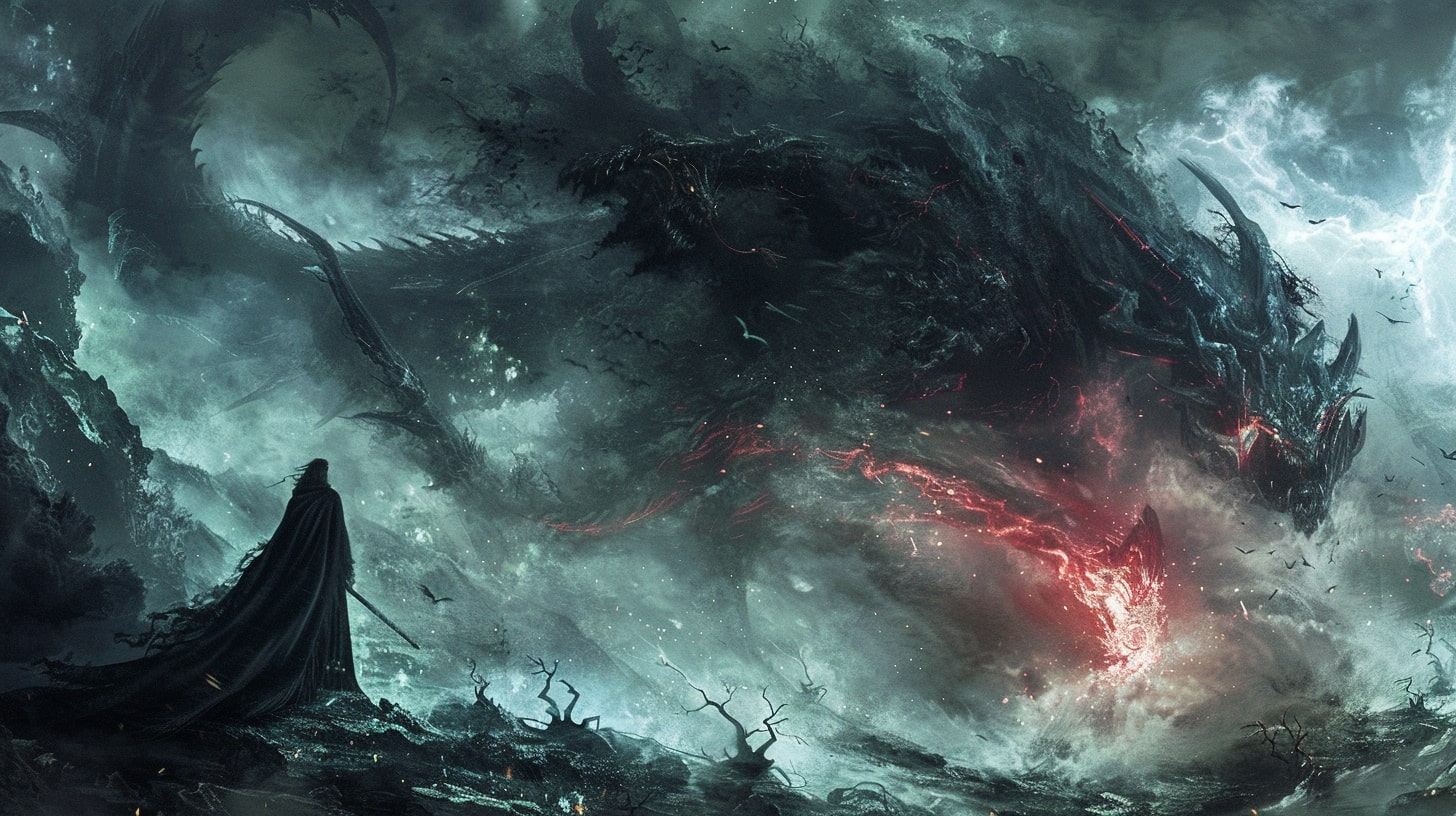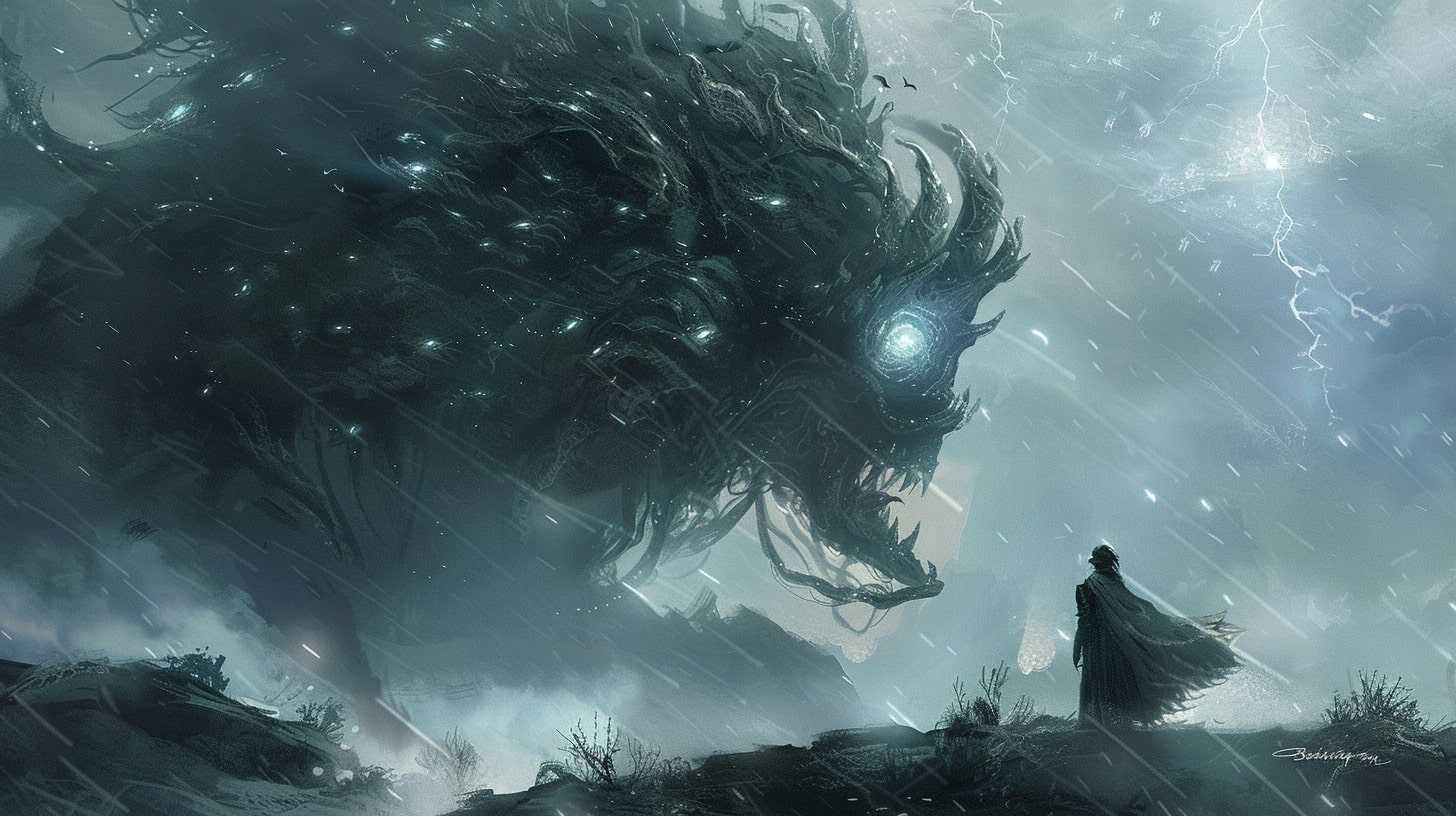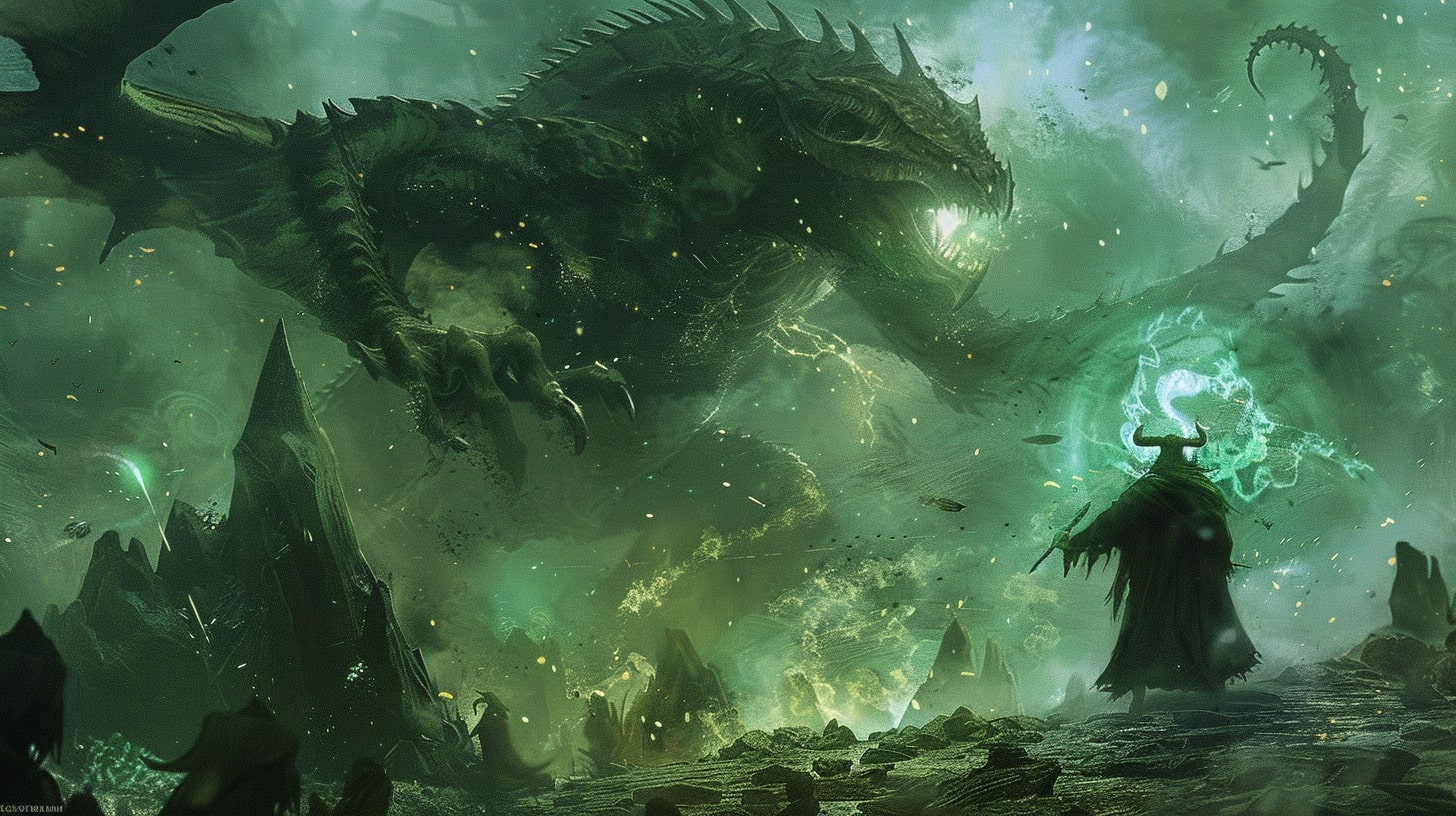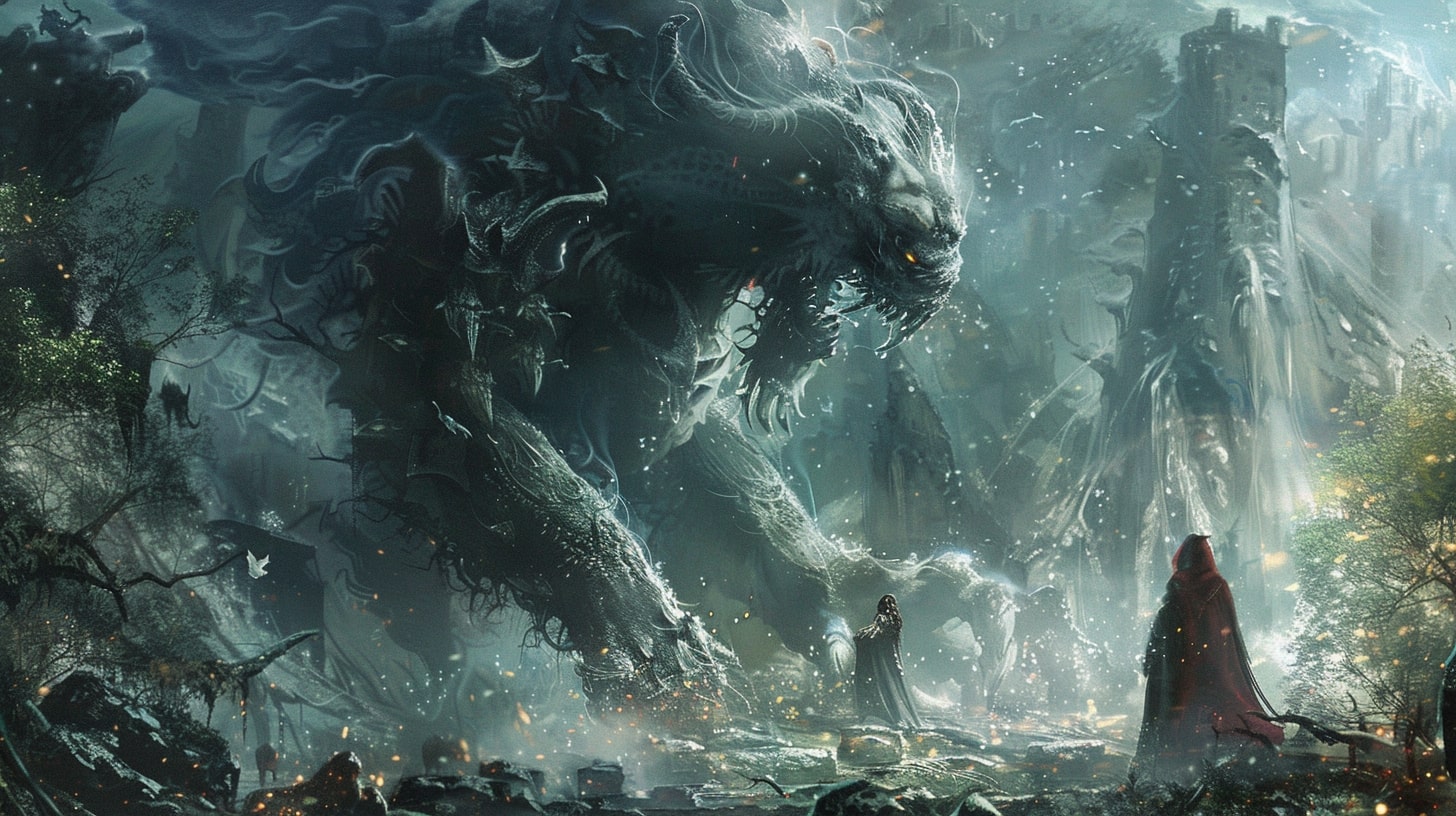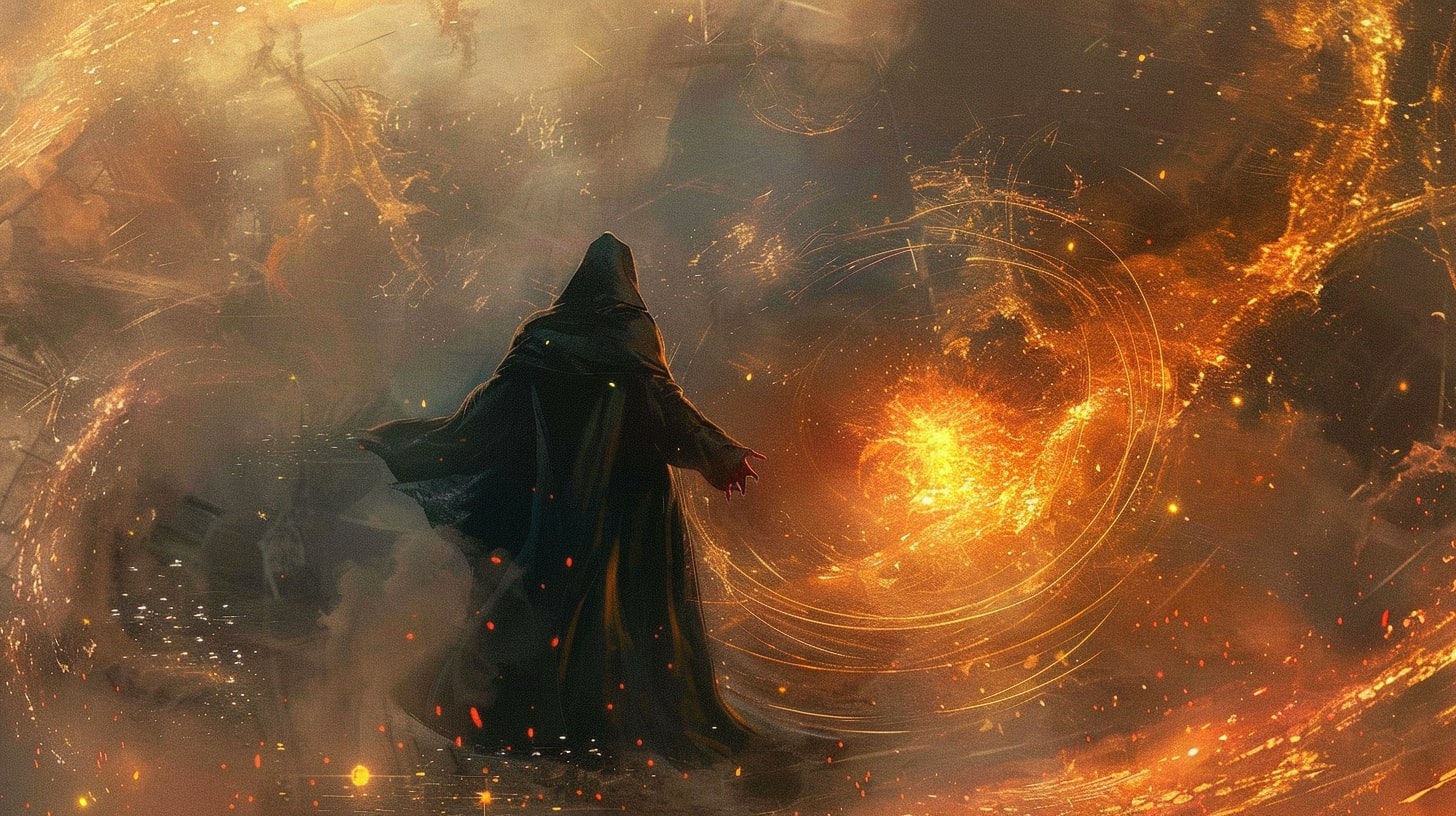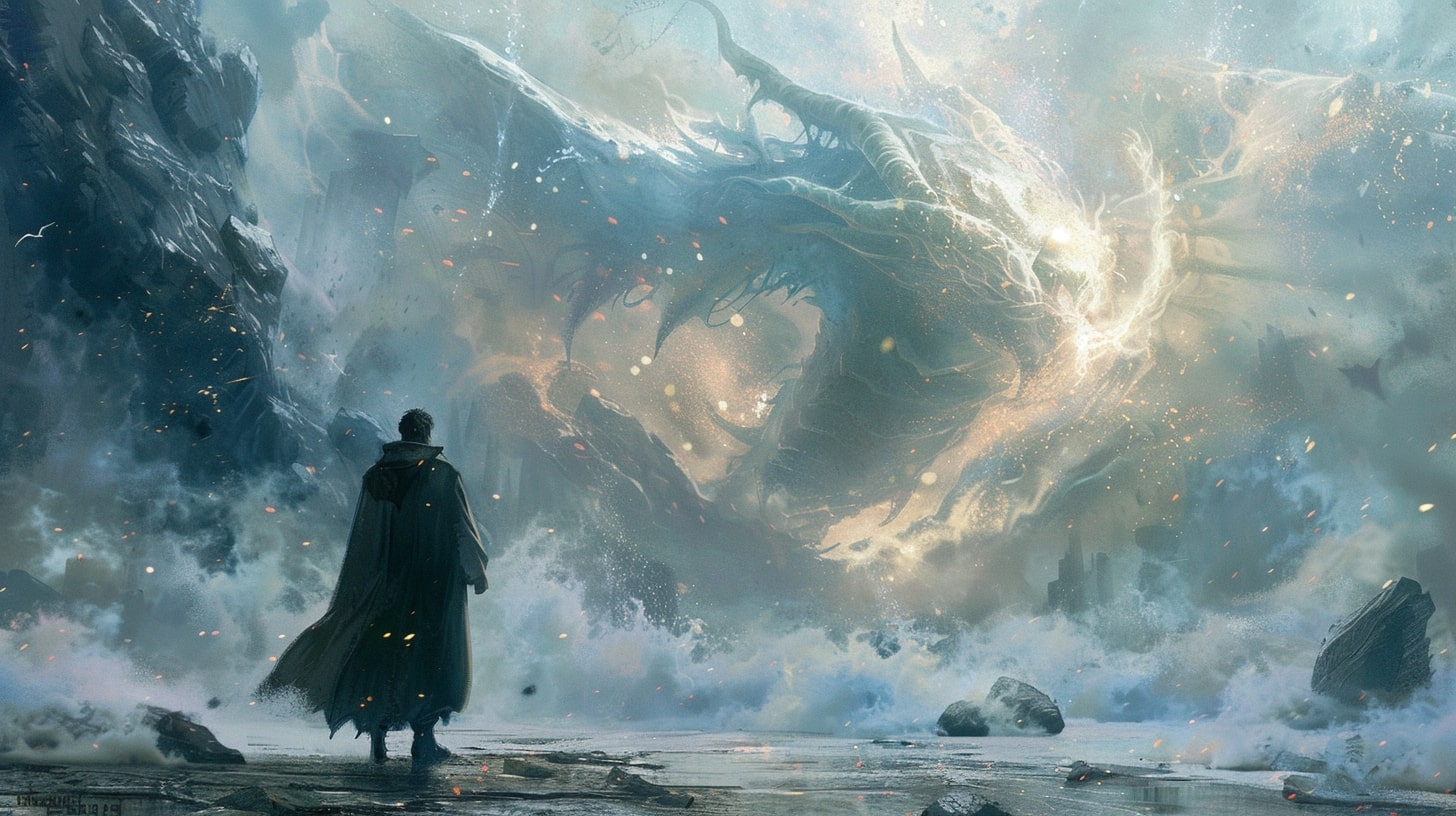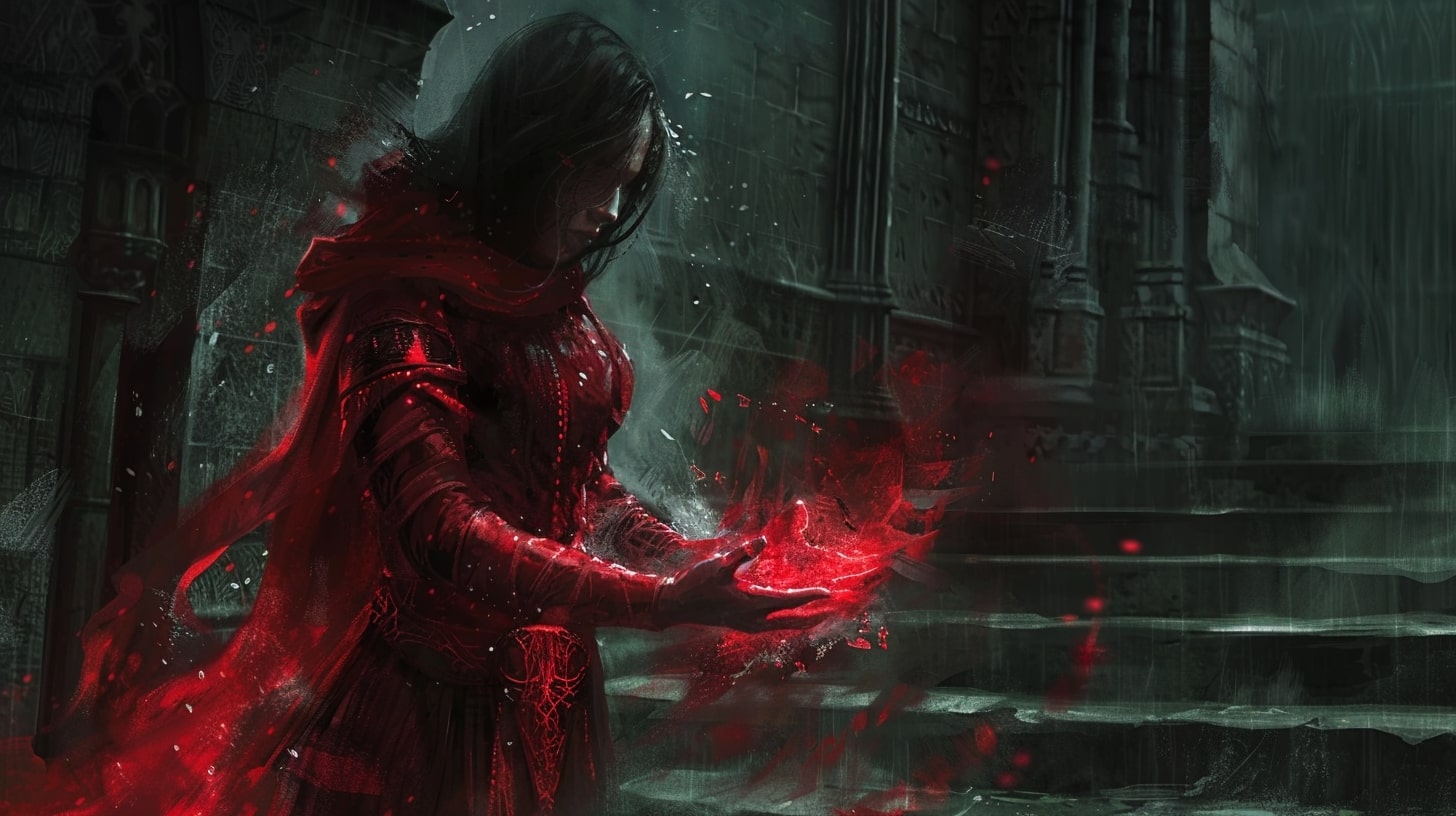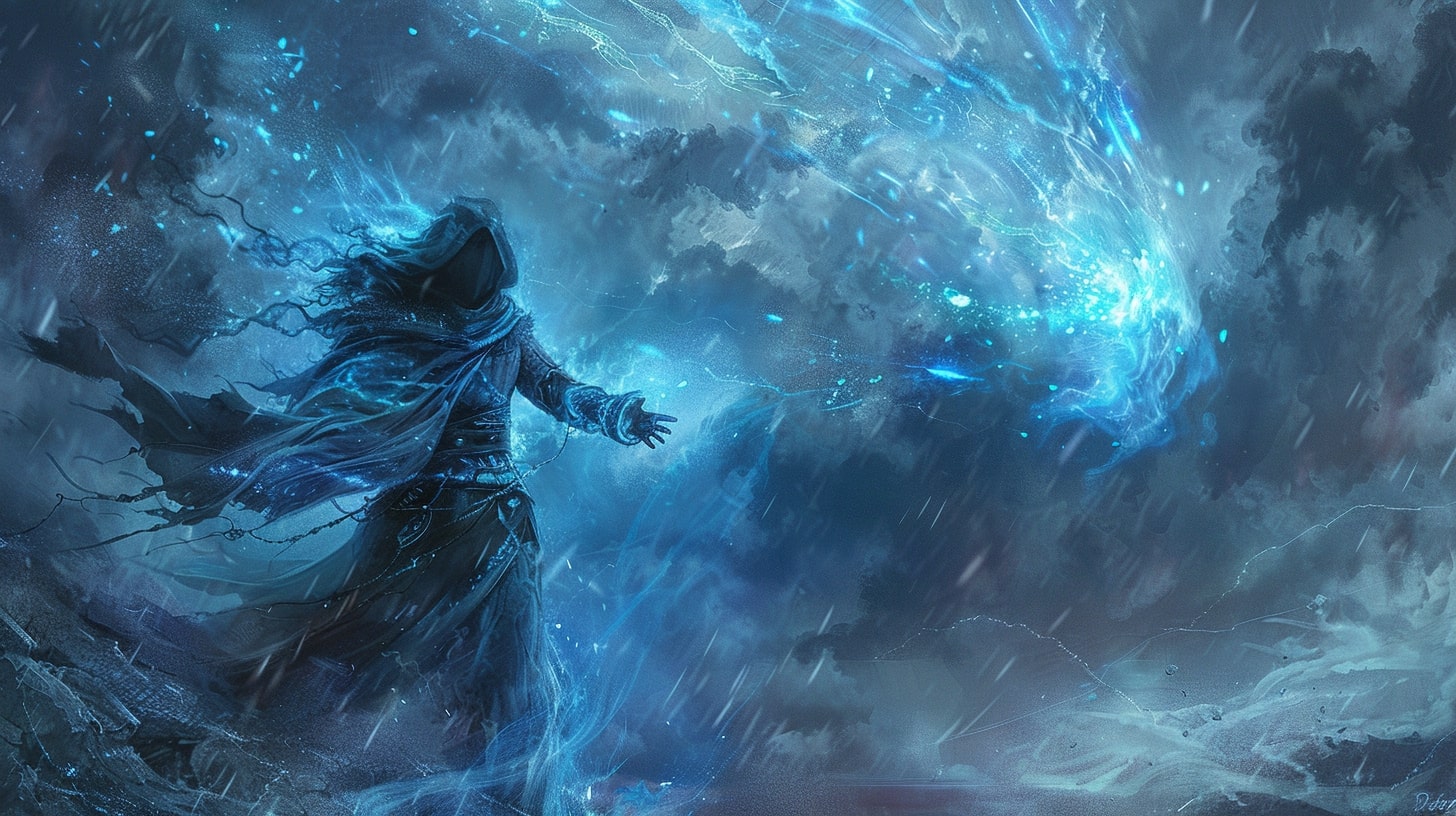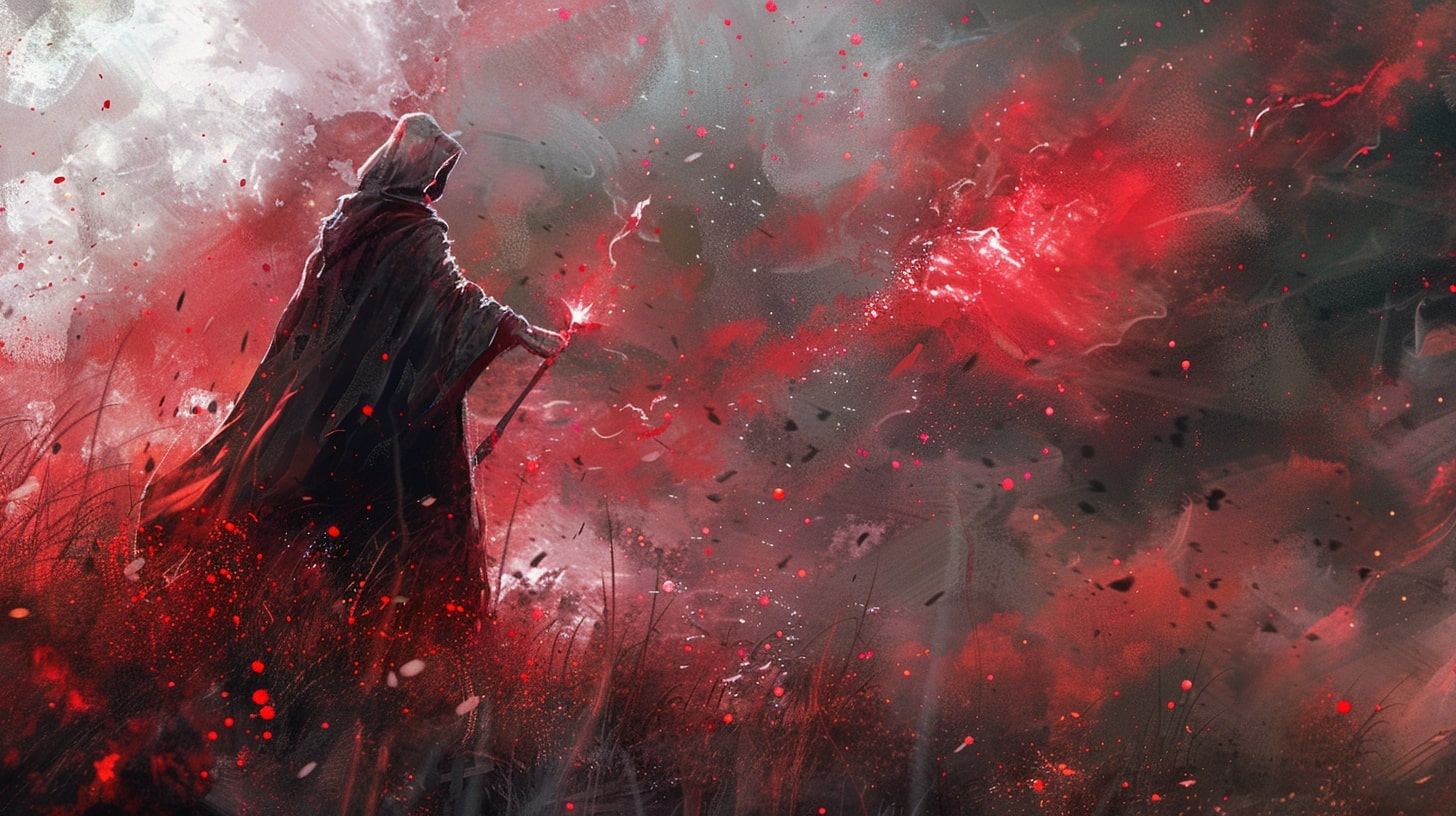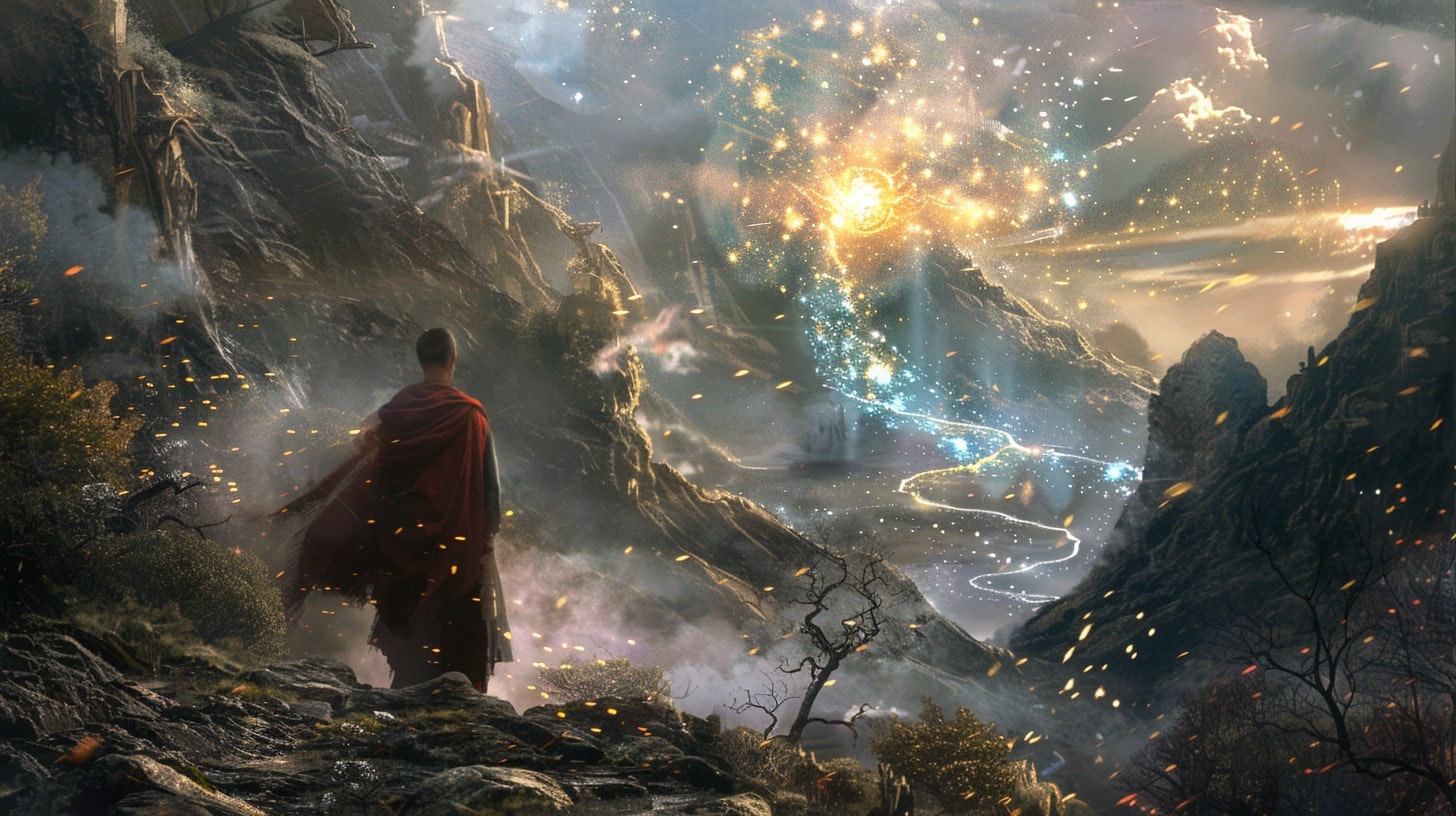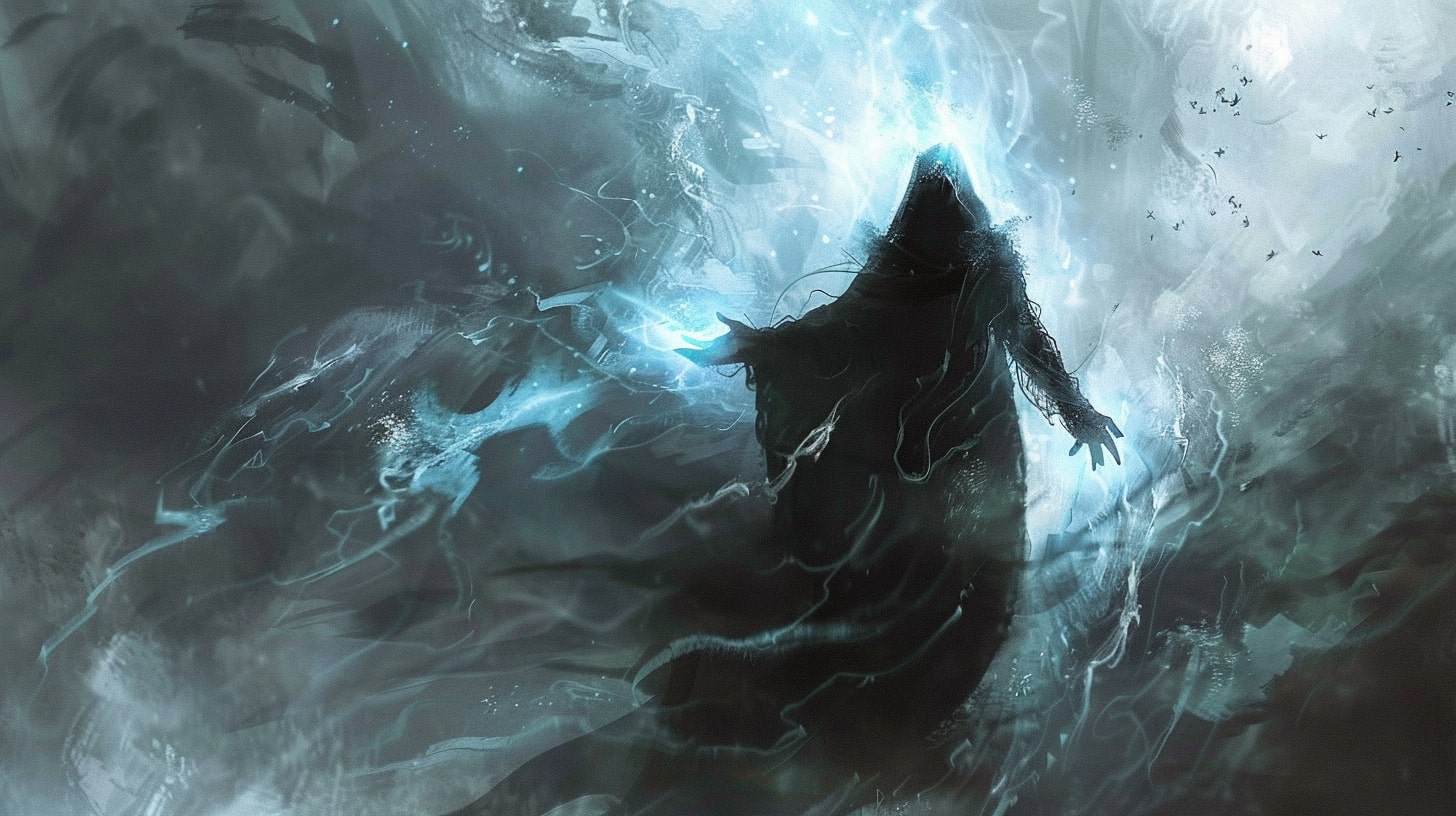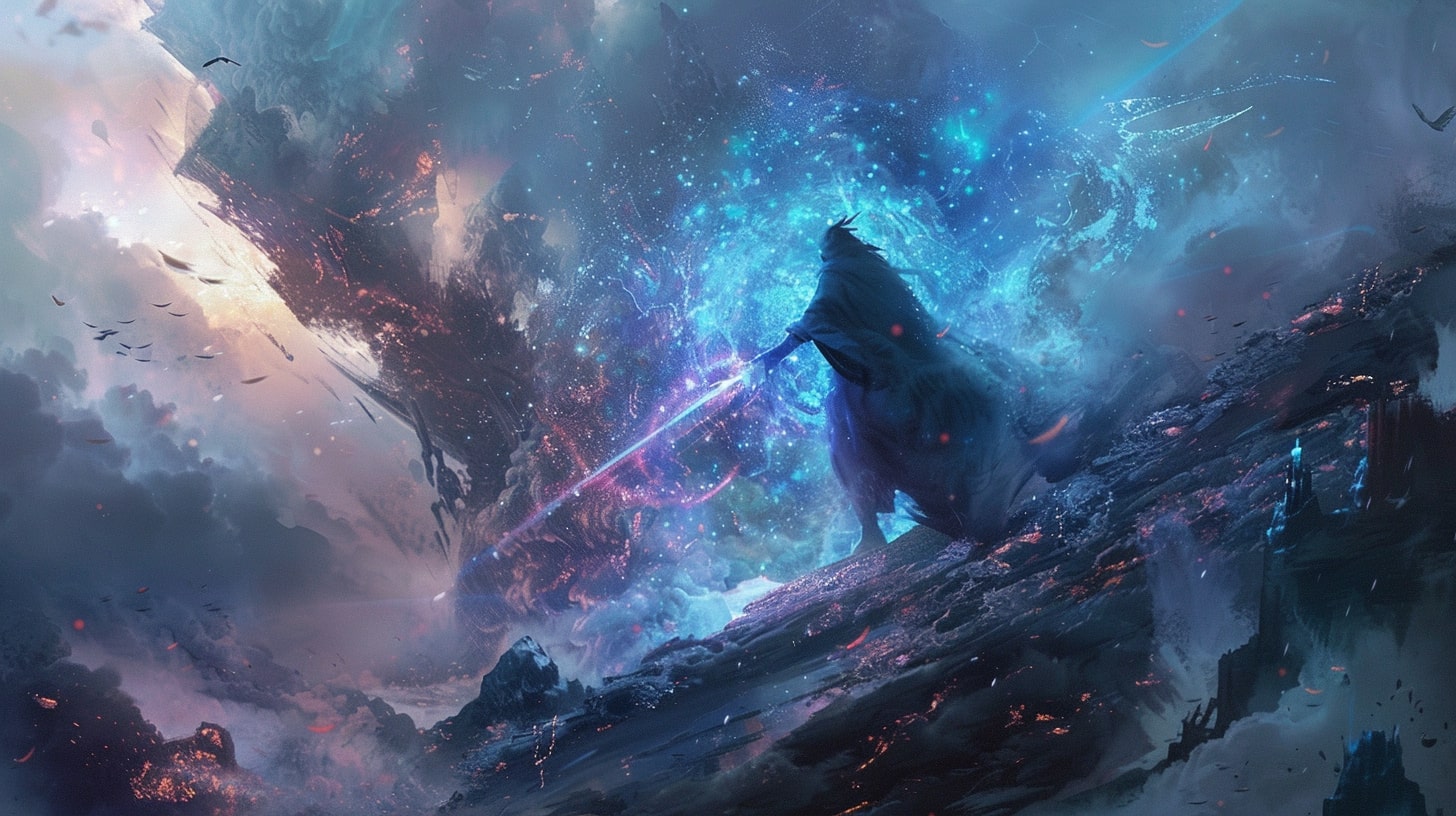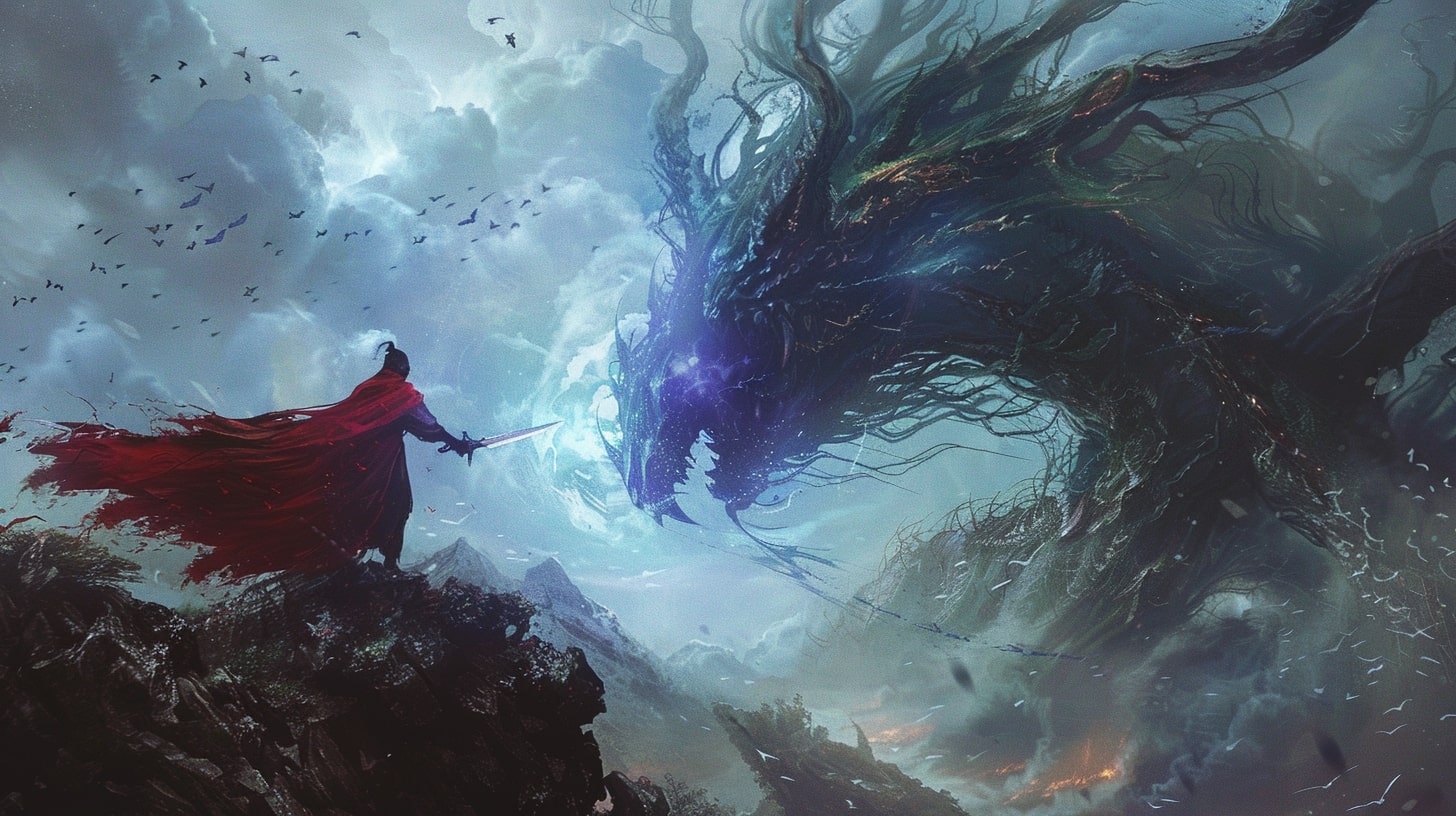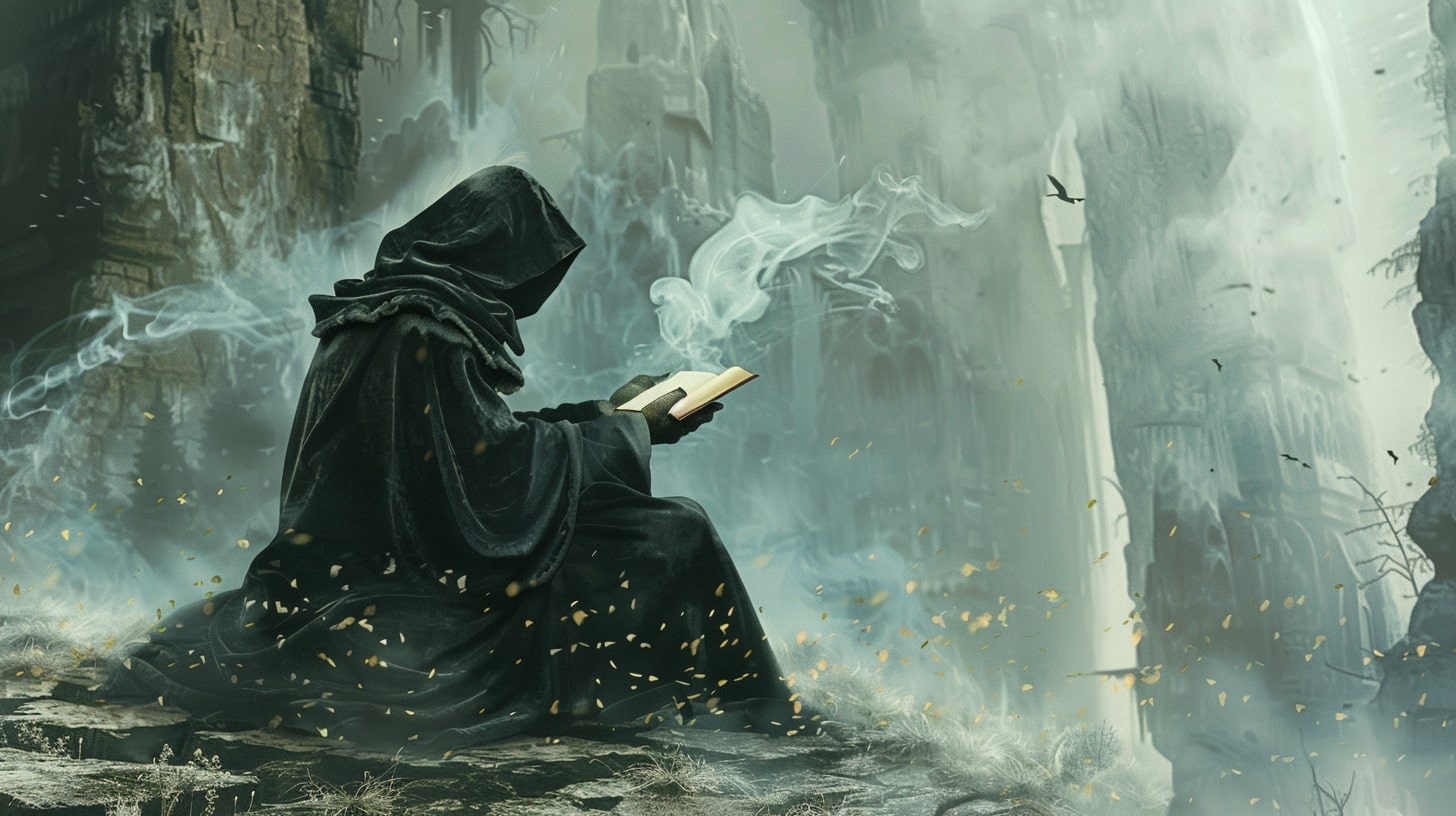The Power of Magic Systems
In the realm of fantasy writing, magic systems hold immense power and play a vital role in shaping the worlds we create. With their ability to defy the laws of nature and introduce extraordinary elements, magic captures the imagination and transports readers to enchanting realms.
Let’s explore the role of magic in fantasy writing and worldbuilding and why unique magic systems matter.
The Role of Magic in Fantasy Writing
Magic serves as a fundamental element in many fantasy stories, adding an element of wonder, intrigue, and possibility. It allows authors to introduce fantastical elements, supernatural abilities, and extraordinary events that go beyond the boundaries of our everyday world.
Magic can be a tool for both conflict and resolution, a force that shapes the lives of characters and drives the narrative forward.
Magic in fantasy writing often mirrors the themes and motifs of the story. It can represent the struggle between good and evil, the exploration of power and its consequences, or the journey of self-discovery. By incorporating magic into your storytelling, you can create a rich and immersive world that captivates readers and keeps them eagerly turning the pages.
Why Unique Magic Systems Matter
While magic itself is captivating, it is the unique magic systems that truly elevate a fantasy world. A well-crafted magic system adds depth, coherence, and believability to the fantastical elements of your story. It establishes rules, limitations, and a sense of logic that helps readers understand how magic operates within your world.
Unique magic systems matter because they set your story apart from others in the genre. They provide an opportunity for innovation, allowing you to create magical concepts and mechanics that haven’t been seen before. By developing a distinct magic system, you can surprise and delight your readers, keeping them engaged and invested in your story.
Crafting a unique magic system also provides a foundation for worldbuilding. The rules, sources, and types of magic in your world can reflect its culture, history, and mythology. They can shape the dynamics between different groups in your society and influence the conflicts and alliances that drive your plot.
To create a truly unique magic system, you can draw inspiration from various sources, such as mythology, folklore, and even scientific concepts. Consider the possibilities, experiment with different ideas, and let your creativity soar. Remember, the more thoughtfully you develop your magic system, the more immersive and captivating your fantasy world will become.
By understanding the role of magic in fantasy writing and recognizing the importance of unique magic systems, you can harness the power of magic to elevate your storytelling and transport readers to extraordinary realms.
So, embark on this enchanting journey, explore the possibilities, and let your imagination weave spells that will captivate the hearts and minds of your readers.
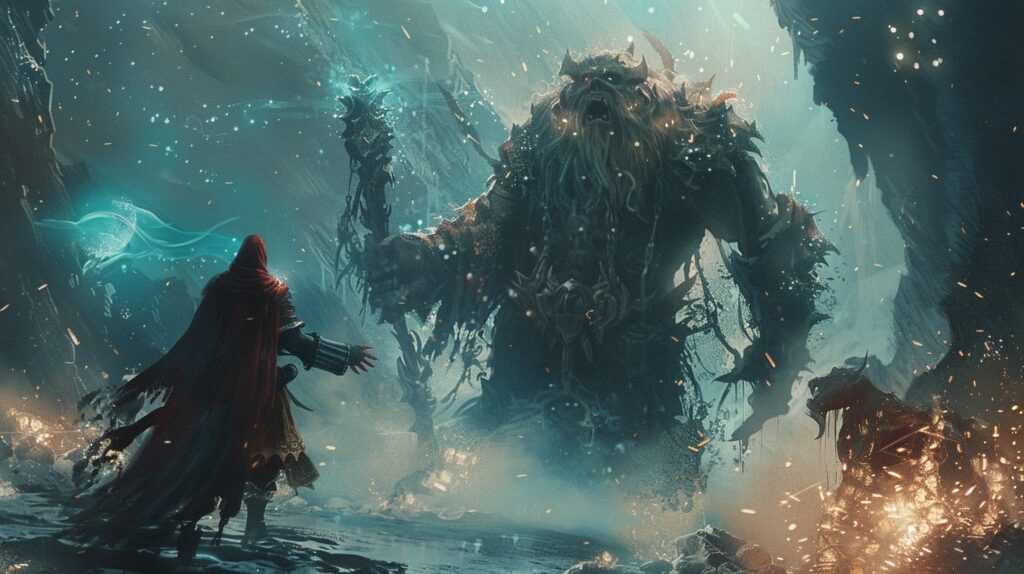
Elements of Unique Magic Systems
When creating a unique magic system for your fantasy world, there are several key elements to consider. These elements play a crucial role in shaping the mechanics and dynamics of the magic system. Let’s explore the three essential elements: rules and limitations, source and origin of magic, and types and forms of magic.
Rules and Limitations
Every magic system requires a set of rules and limitations to maintain balance and prevent it from becoming too powerful or overwhelming. These rules define how magic can be used, what it can and cannot do, and the consequences of its usage. By establishing clear rules, you create a framework that guides both the characters and the readers in understanding the boundaries and possibilities of the magic system.
The limitations placed on magic can add depth and complexity to your world. Some common limitations include the need for incantations or gestures, the requirement of specific materials or rituals, or the existence of a limited source of magic. These limitations create challenges for characters and drive the narrative forward. For more ideas on rules and limitations, check out our article on magic system rules.
Source and Origin of Magic
The source and origin of magic in your world contribute to its uniqueness and can greatly impact the dynamics of the magic system. Magic can originate from various sources, such as arcane knowledge, divine intervention, nature, or even bloodlines. The source of magic can influence how it is accessed, who can wield it, and the cultural significance attached to it.
Consider the implications of the source of magic on your world and its inhabitants. Is magic a gift from the gods, accessible only to a chosen few? Or does it flow through the natural elements, available to anyone who learns to harness it?
Exploring the source and origin of magic adds depth to your worldbuilding and provides a foundation for your magic system. For inspiration, take a look at our article on magic system origins.
Types and Forms of Magic
Magic can manifest in various types and forms within your world. These different types can be based on elements like fire, water, air, or earth, or they can be categorized by their purpose, such as healing, transformation, or combat. Each type of magic may have its own unique spells, rituals, or requirements.
By incorporating different types and forms of magic, you can add diversity and complexity to your magic system. It allows for specialization among characters and adds depth to their abilities. Additionally, considering the cultural and societal aspects of magic types can provide insights into the beliefs and practices of different groups within your world. Explore our article on types of magic systems for more ideas on the different possibilities.
As you develop your unique magic system, pay close attention to the rules and limitations, the source and origin of magic, and the types and forms of magic. These elements will shape the dynamics of your world and contribute to a rich and immersive experience for your readers.
Remember to stay consistent with your magic system and integrate it seamlessly into your world to create a truly captivating and believable magical realm.
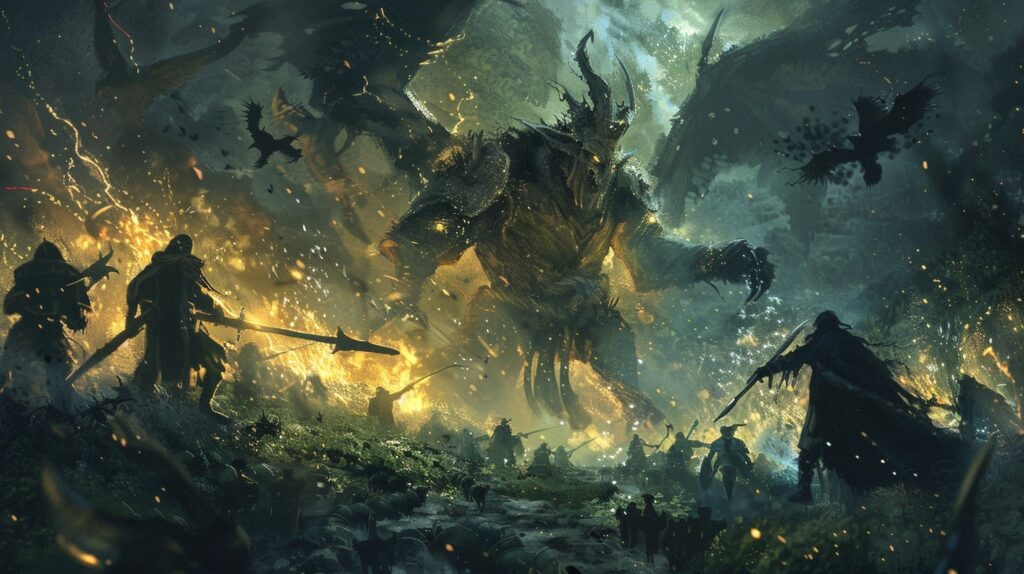
Examples of Unique Magic Systems
When it comes to unique magic systems, the possibilities are endless. As a fantasy writer, you have the opportunity to create fascinating worlds where magic exists in various forms. In this section, we will explore three examples of unique magic systems: elemental magic systems, blood magic systems, and symbolic magic systems.
Elemental Magic Systems
Elemental magic systems are based on the manipulation of natural elements such as fire, water, earth, and air. In these systems, practitioners can harness the power of these elements to cast spells and perform extraordinary feats. Each element typically has its own set of strengths, weaknesses, and associated spells.
| Element | Strengths | Weaknesses | Associated Spells |
|---|---|---|---|
| Fire | Destruction, transformation | Limited control, vulnerability to water | Fireball, flame manipulation |
| Water | Healing, fluidity | Lack of offensive power, susceptibility to fire | Water manipulation, ice creation |
| Earth | Stability, strength | Limited mobility, vulnerability to air | Rock manipulation, seismic activity |
| Air | Agility, speed | Lack of physical strength, vulnerability to earth | Wind manipulation, levitation |
Elemental magic systems provide a rich foundation for worldbuilding and character development. For in-depth information on creating and exploring elemental magic systems, visit our article on elemental magic systems.
Blood Magic Systems
Blood magic systems revolve around the use of blood as a source of power. Practitioners tap into the life force within blood to perform spells and rituals. This type of magic often requires sacrifices and can be associated with dark or forbidden practices.
Blood magic systems can be both powerful and dangerous. Practitioners must be careful not to abuse their abilities, as the manipulation of life force can have severe consequences. To learn more about the intricacies and potential applications of blood magic systems, visit our article on blood magic systems.
Symbolic Magic Systems
Symbolic magic systems are based on the use of symbols, runes, or sigils to channel magical energy. Each symbol holds a specific meaning and can be used to cast spells, invoke protection, or unlock hidden powers. These systems often require knowledge of ancient scripts and the ability to interpret and draw intricate symbols accurately.
Symbolic magic systems provide an opportunity to explore the connection between language, symbolism, and magic. The art of creating and deciphering these symbols adds depth and complexity to your world.
By exploring these examples of unique magic systems, you can gain inspiration and guidance for developing your own magical worlds. Remember to consider the rules, limitations, and origins of your magic system to ensure consistency and coherence.
With careful planning and creative implementation, your magic system can become an integral part of your fantasy world, captivating readers and bringing your story to life.
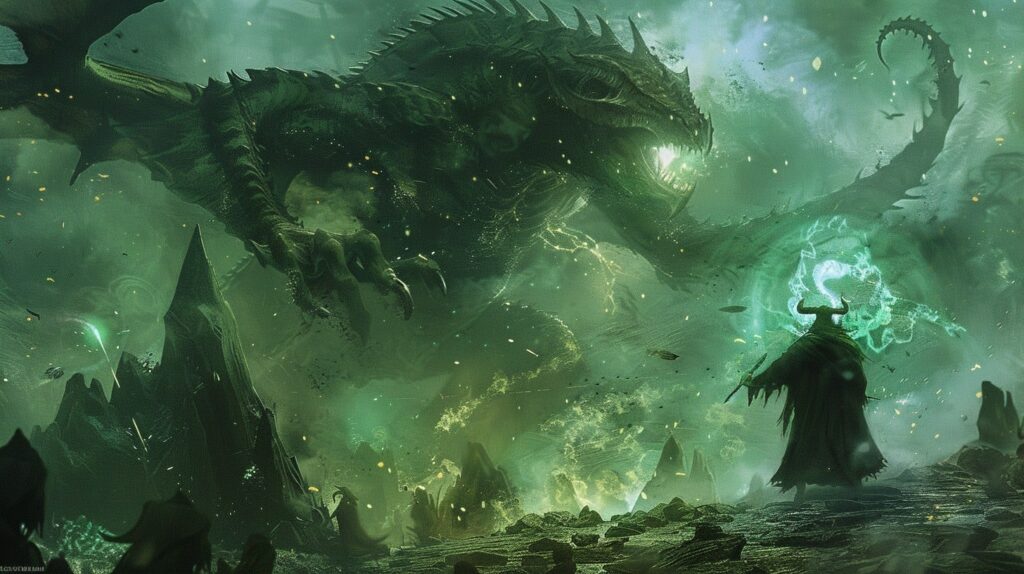
Creating Your Own Unique Magic System
When crafting a unique magic system for your fantasy world, it’s important to start with the basics, build rules and limitations, and infuse cultural and world elements to make it truly captivating and immersive.
Start with the Basics
To begin creating your own unique magic system, you must first define the fundamental aspects. Consider the source of magic, whether it’s derived from arcane knowledge, divine intervention, nature, or something entirely different.
Determine how individuals access and manipulate this magic, whether it’s through spells, rituals, or innate abilities. By establishing these foundational elements, you lay the groundwork for a coherent and intriguing magic system.
Building Rules and Limitations
A well-defined set of rules and limitations is essential for a compelling magic system. These constraints provide structure and prevent magic from becoming an arbitrary solution to every problem. Consider the cost of using magic, such as physical or mental exhaustion, the need for specific components, or the requirement of knowledge and skill.
Establishing these limitations adds depth and tension to your world, making the use of magic more meaningful and impactful. For more insights on creating rules and limitations, check out our article on magic system rules.
Infusing Cultural and World Elements
To make your magic system unique and reflective of your world, infuse it with cultural and world elements. Consider how different cultures within your world perceive and interact with magic.
Explore the societal implications of magic and how it shapes various aspects of life, such as politics, religion, or daily routines. Integrate magic into the history and lore of your world, weaving it into the fabric of your setting. By infusing cultural and world elements into your magic system, you create a rich and immersive experience for your readers.
As you create your own unique magic system, remember to maintain consistency and internal logic. Ensure that the rules and limitations you establish are upheld throughout your story. Balance the use of magic with conflict, allowing it to create challenges and drive the plot forward. Finally, develop characters within the magic system, exploring how their abilities shape their identities and influence their journeys.
By following these steps and infusing your magic system with creativity and imagination, you can elevate your fantasy world to new heights. Don’t be afraid to explore unconventional ideas and push the boundaries of what magic can be. Let your unique magic system become an integral part of your storytelling, captivating readers and enriching your fantastical world.
For more inspiration and guidance on magic system creation, check out our article on magic system creation and explore different magic system concepts.
Bringing Your Magic System to Life
To create a truly captivating and immersive magic system, it’s important to bring it to life with careful attention to detail and thoughtful execution. Here are three essential aspects to consider when developing your magic system: consistency and internal logic, balancing magic and conflict, and developing characters within the magic system.
Consistency and Internal Logic
For your magic system to feel believable and coherent, it is crucial to establish consistency and internal logic. Consistency ensures that the rules and mechanics of your magic system remain stable throughout your story, avoiding confusion and maintaining reader engagement. Internal logic refers to the cause-and-effect relationships within your magic system, ensuring that the way magic works aligns with the established rules and limitations.
To achieve consistency and internal logic, consider the following:
Magic System Rules: Clearly define the rules and limitations of your magic system. Establish the sources of magic, the ways it can be accessed or channeled, and any specific conditions or requirements for its use. Check out our article on magic system rules for more guidance.
Magic System Limitations: Establish limitations to prevent magic from becoming too powerful or convenient. Limitations can include the amount of magic available, the energy required to perform spells, or the consequences of using magic excessively. Refer to our article on magic system limitations for inspiration.
Magic System Mechanics: Determine how your magic system functions and interacts with the world. Consider the components, mechanics, and hierarchy of your magic system. Ensure that it aligns with the overall worldbuilding and supports the themes and conflicts of your story. Our article on magic system mechanics can provide further insights.
Balancing Magic and Conflict
A well-balanced magic system is one that enhances the conflict and tension in your story, rather than overshadowing it. Balancing magic and conflict ensures that the use of magic has consequences and doesn’t resolve conflicts too easily, maintaining suspense and keeping readers engaged.
To achieve this balance:
Magic System Integration: Integrate your magic system into the world and plot of your story in a way that creates conflicts and challenges for your characters. Explore how different factions or individuals may have varying access to magic and how their conflicting goals and motivations can drive the narrative. Our article on magic system integration can provide further guidance.
Magic System Balance: Avoid making magic too overpowered or underwhelming. Balance the strengths and weaknesses of different types of magic, ensuring that they have limitations and vulnerabilities. This balance adds depth and complexity to your magic system. Refer to our article on magic system balance for more insights.
Developing Characters within the Magic System
Your magic system should not only shape the world but also influence the development of your characters. How characters interact with and utilize magic can reveal their personalities, strengths, and weaknesses. It’s essential to explore how your characters fit into the magic system and how it impacts their growth and relationships.
Consider the following when developing characters within your magic system:
Magic System Components: Determine which characters possess magical abilities and how their powers align with the rules and mechanics of your magic system. Explore how characters’ individual abilities contribute to the overall dynamics of your story. Our article on magic system components can provide further insights.
Magic System Hierarchy: Establish a hierarchy or classification system for different types of magic users, allowing for diversity among characters and potential power dynamics. This hierarchy can influence character interactions and motivations. Check out our article on magic system hierarchy for inspiration.
Magic System Origins: Consider the origins and cultural significance of magic in your world. How characters perceive and utilize magic can be influenced by their cultural backgrounds, leading to unique perspectives and conflicts. Our article on magic system origins can provide further guidance.
By focusing on consistency, balance, and character development, you can breathe life into your magic system, making it an integral and captivating element of your fantasy world. Remember to explore various magic system concepts and find inspiration to create a unique and engaging magical realm that will captivate your readers.

